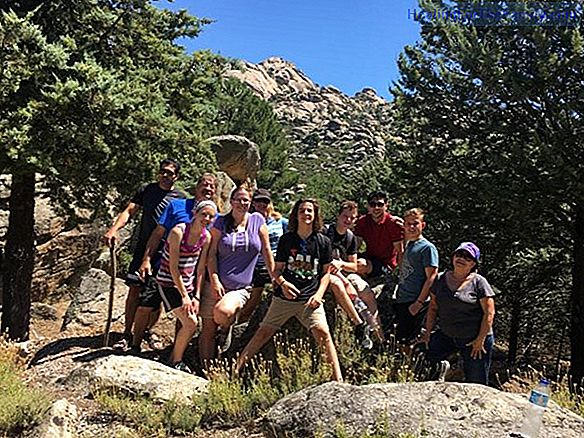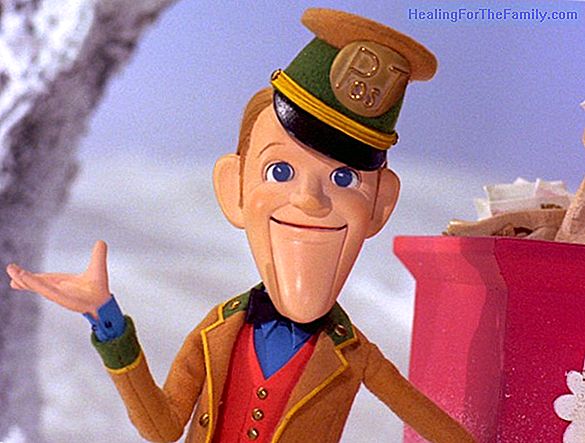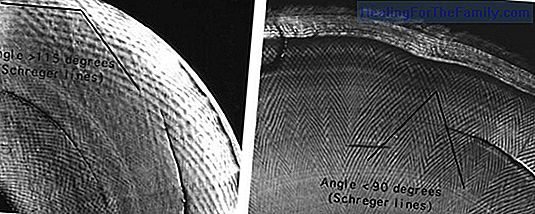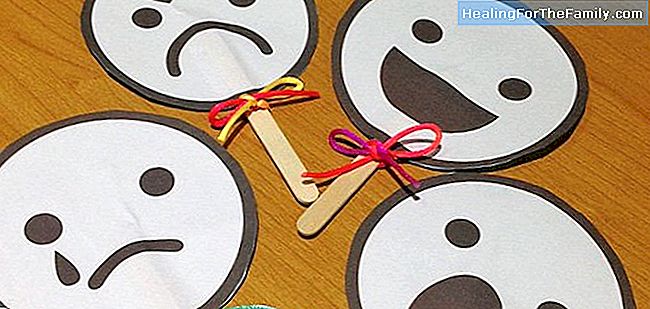Infant enuresis. What it is, what causes and how it is treated enuresis
Enuresis is a disease that is defined as the persistent loss of uncontrolled and involuntary urinations or urine of children during the day and night (the most frequent). It is said that children have enuresis when they exceed five years in the case of girls and six in children, they still can not c
Enuresis is a disease that is defined as the persistent loss of uncontrolled and involuntary urinations or urine of children during the day and night (the most frequent). It is said that children have enuresis when they exceed five years in the case of girls and six in children, they still can not control their urination, that is, they continue to urinate on them, during the day and especially during the night in the bed, while they sleep.
What is and how is child enuresis treated?
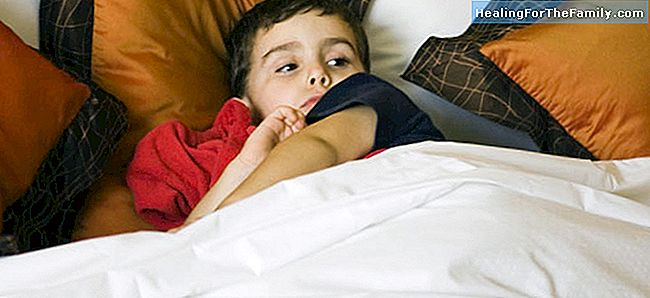
UrologistJuan Carlos Ruiz de la Rojaanswers in this interview, the most common doubts of parents about childhood enuresis.
1-Is hereditary enuresis?
Enuresis is a hereditary problem to the extent that in 90 percent of cases there is a family inheritance. They can usually be parents, grandparents and even uncles. If the father and mother have urinated, there is a percentage of approximately 75 percent of the offspring having the problem. And if a father or mother has urinated, about 50 percent of the children who have will suffer the problem.
2-Why is bedwetting more frequent in boys than in girls?
The explanation is very simple. Enuresis lies in a problem, in the delay of both the maturation of the bladder and the hormonal maturation, in such a way that these children have a smaller bladder and a greater production of urine. This with the development is disappearing, what happens is that the child usually takes longer to mature than the girl and that is the reason.
3-From what age is a child considered to have enuresis?
We are talking about a child who has turned five years old, who has to urinate a minimum of four nights over a month and, at least, in a minimum period of three months. If our child meets these requirements we can say that he has enuresis and then we should consult with a specialist.
4-When should we take the child to the urologist?
The urologist or specialist must take our child as long as he / she has reached the age of five and we are not able to remove the diaper at night. We are talking about that in 90 percent of cases there may be a medical cause underneath and you have to diagnose it. For that you have to go to the consultation and do some medical tests that are very simple and get to know the exact reasons why the child urinates and depending on that give the most appropriate treatment.
5-What are the causes of childhood enuresis? What can cause enuresis in children?
The causes why a child urinates are 90 percent medical and 10 percent psychological. Within the medical causes, it is mainly due to the fact that these children have an overproduction of nocturnal urine, they produce more than normal because they have a delay in the maturation of their bladder. It means that they have a lower capacity bladder and then retain less urine. Within psychological causes, there may be situations such as school start, separation from parents or the birth of a sibling.
How is the treatment for children's enuresis
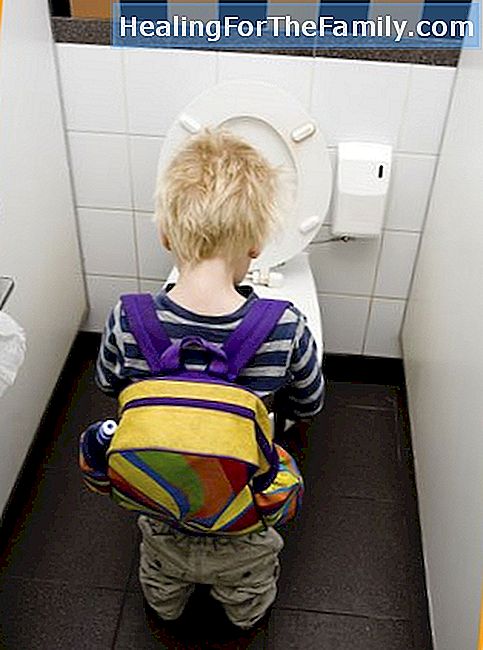
6-What are the treatments for childhood enuresis?
The most appropriate treatments depend on reaching an accurate diagnosis of why our child urinates. If it is a problem of bladder capacity we should treat that, if the problem is that our son has an overproduction of nocturnal urine, the solution will be to try to reduce that overproduction. If you have a mixed question, you will have to deal with both. If it comes from a basic psychological problem we will have to use a treatment by a psychologist.
Within the enuresis the medical part represents 90 percent of the cases. You can see cases, for example, in which it has been discovered that children who are diabetic and who did not know have a problem of enuresis. In these situations you have to treat diabetes, so it is very important to do medical tests to reach a diagnosis.
If the problem is that the child has an overproduction of nocturnal urine, usually the treatment is with a pill that is placed under the tongue and that causes a reduction in the amount of nocturnal urine to prevent escape. In the event that the child has a lower capacity bladder, it will also be necessary to do certain exercises and even the possibility of some medical treatment depending on the reason why the growth of the bladder is not adequate in that child.
7-Are there home treatments to treat enuresis?
There are many things that have been done throughout history to treat enuresis, such as the issue of heat. Children were usually put on hot cloths over the bladder. There are many issues of these that, unfortunately, do not work, that's why the most important thing is to consult with a specialist and that the doctor himself is one of the guidelines because, fortunately, there are many. For example, reduce the fluid control that one drinks during the night, put the child to urinate every three hours or reduce the amount of caffeine consumed in the evening to reduce the production of nocturnal urine.

